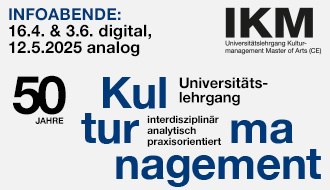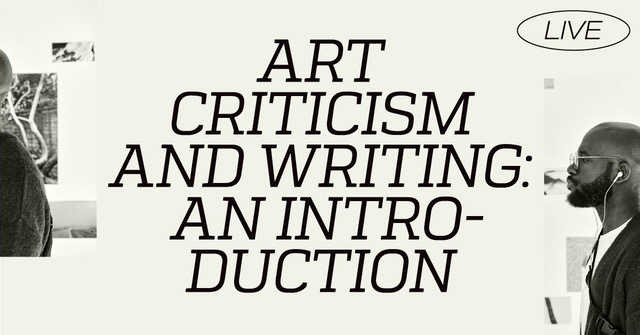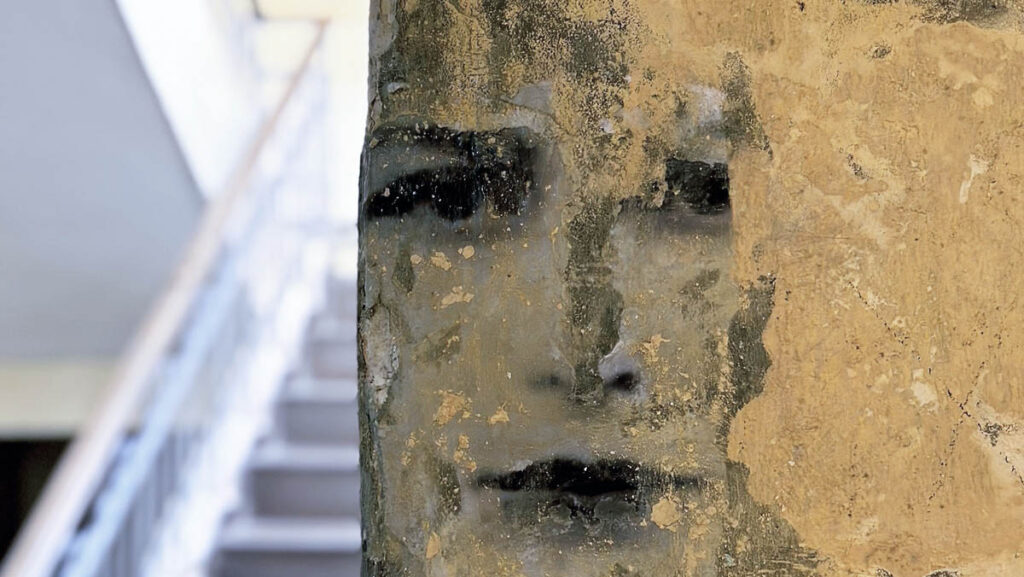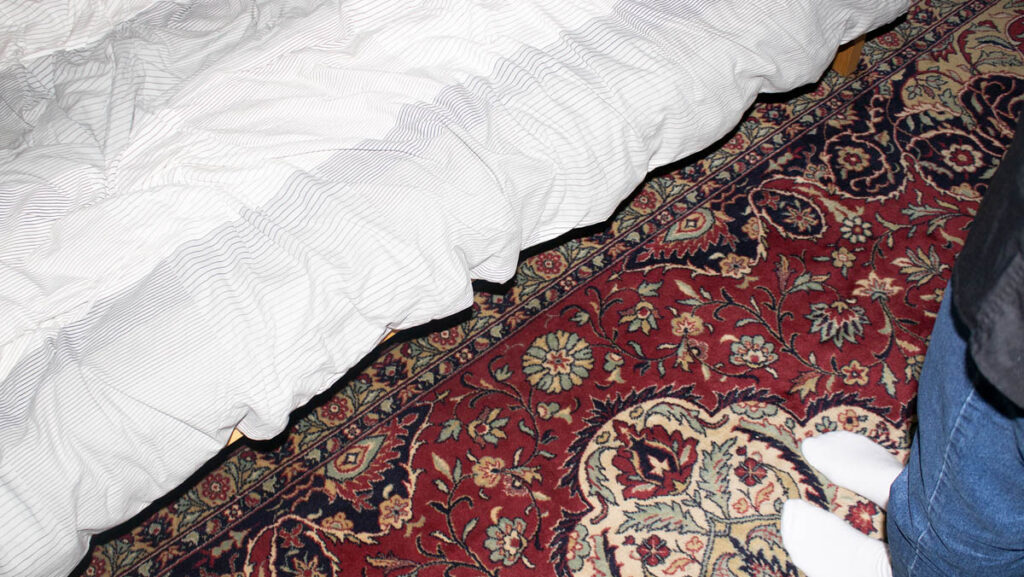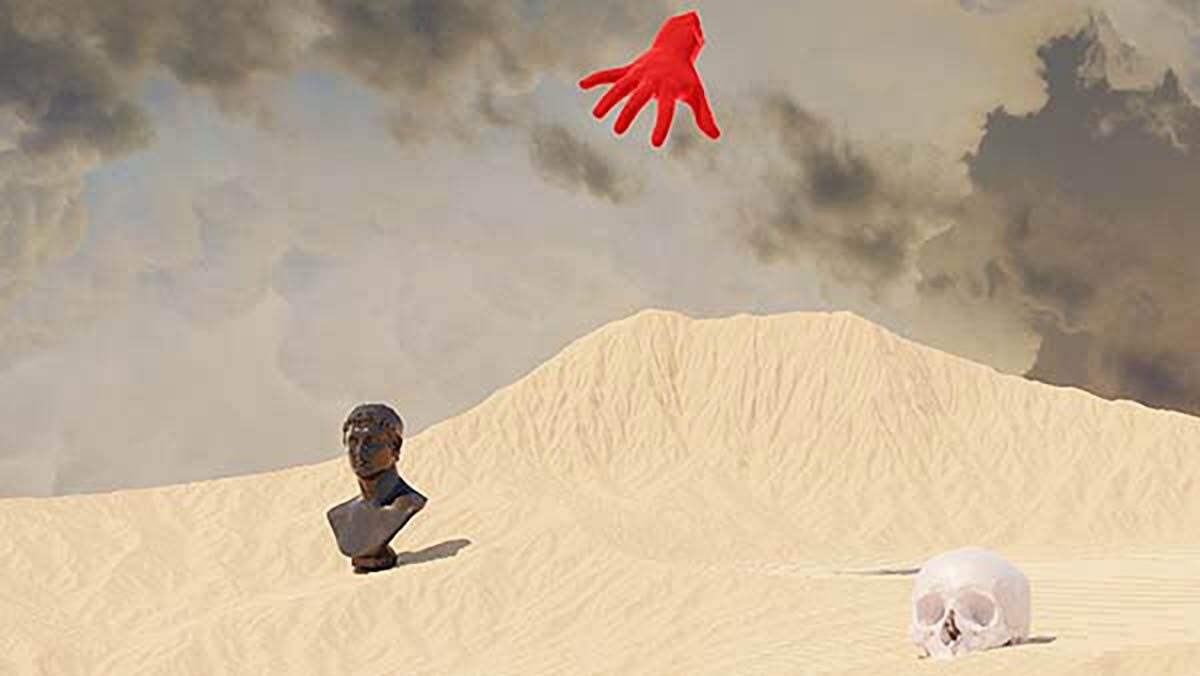
Over the years, Node Center has garnered widespread acclaim and respect in the global community of art practitioners. It has become a destination for those seeking an education that empowers with cutting-edge skills, to adeptly traverse the ever-changing art landscape and prepare for the future. The courses are adaptable to different stages of one’s career.
The platform’s dedication to imparting skills not often available in traditional art academies, or certain geographies, stands as a distinctive feature that sets it apart. With a board of more than 50 international experts, hailing from various disciplines, the academy remains dedicated to meeting the ever-shifting learning needs of artists, curators, galleries, publishers, and creatives. Through real-time interaction via video conferencing and flexible learning, participants gain a unique edge that can be immediately applied to real-world projects.
The curriculum is diverse, covering so a wide range of important knowledge, from honing the art of crafting exhibition texts and art critique to mastering grant writing, navigating the intricacies of social media, and understanding curatorial procedures such as contracts, loans, and official documentation.
Furthermore, the courses delve into pressing issues such as Contemporary Ecologies, Carbon Footprint Reduction, Equity within the Art Community, Inclusivity, Reparative Research in Curating, and Decolonizing Curatorial Practices.“
While most courses span one month and are structured into four modules, the school also provides extended curatorial programs: „Curating the Digital, 6-Month Online Program“, „International Curatorial Program“, and “Inclusive Curatorial Practices: Accessibility, Representation and Diversity”.
A Selection of Upcoming Courses
From Nov 03 – Nov 10, 2023: Managing your finances as an arts and culture freelancer

Why is financial literacy important in the Arts? Financial literacy means having the skills and knowledge to manage money and make informed decisions about it. Unlike other career paths, it is seldom taught in art schools, leaving artists and art curators ill-prepared to manage their personal and professional finances effectively. Adding to the complexity is the prevalence of freelance work, the lack of transparency surrounding money, and the unregulated nature of the art world.
This 2-day intensive workshop empowers participants with essential tools and insights to take control of their finances and thrive in the arts. This program covers mindset, knowledge, skills, and behaviours essential for making purposeful financial decisions and navigating the art industry’s specific challenges. After completing the workshop, artists and curators will be equipped to: Make informed financial decisions to build a solid foundation for a sustainable art career; learn to deal with the financial risks and uncertainties of the gig economy in the art industry; Create long-term and effective financial plans to support their careers, including retirement; Handle budgeting and cash management with clarity and managing assets and investments with confidence and self-determination. Over two days, participants will engage in discussions, share their art-related financial concerns, and receive guidance from the lecturer. Real-world case studies will illustrate financial concepts with direct relevance to the art world. Homework assignments, including analyzing financial scenarios in the gig economy, will reinforce practical learning experiences.
Birgit Bosold is an independent financial coach and consultant, as well as a board member of the Schwules Museum Berlin. She has been crucial to the dynamic development of the museum over the past decade, not least by designing and implementing successful fundraising strategies. After completing her studies and doctorate in literature, she worked at various renowned banks and has been a freelance consultant in portfolio management for (small) companies, foundations, and private clients for more than 15 years.
From Nov 06 – Dec 4, 2023: Developing Curatorial Concepts. Research & Creative Ideation
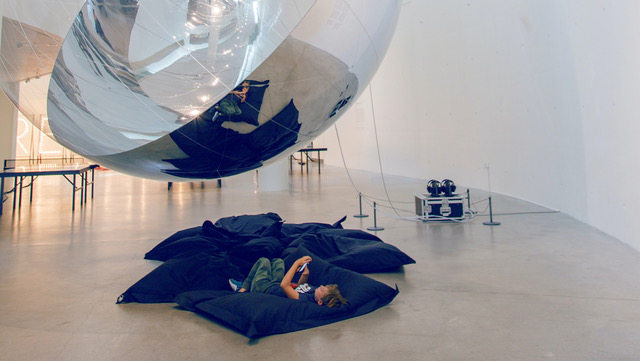
Developing Curatorial Concepts: Mahdis Mousavi / unsplash.com
In this course, participants will learn research methods and creative ideation techniques to develop a concept for an exhibition or a curatorial project in its most expansive sense. What format will the project take? How will the audience engage with it? What will the topic be? What will be contained inside? More importantly, how do all of these elements connect together to form a cohesive, multidimensional project, aka your curatorial concept? With the above questions in mind, each week will centre around four core aspects of curating: the theme, the form, the content and the audience. Through the lens of these interrelated aspects, we will explore different research-gathering strategies that draw on methods found in design thinking, anthropology and the arts. Sharpen your traditional online and offline research methods; learn to observe through field work and interviews; and experiment with creative exercises. By moving through key elements of curating and gaining feedback along the way, participants will playfully stretch the limits of their ideas before grounding and refining them into a rounded curatorial concept that is well-researched and engaging. To get the most from this course, we recommend joining with an idea in mind so that you can really dive into research and creativity to get the most out of your project.
Lauren Reid is an independent curator who works across exhibition-making, anthropology and film. She is Co-Director of insitu collective, Lecturer at Node Centre for Curatorial Studies and a PhD Candidate in Social and Cultural Anthropology at the Freie Universität, Berlin with the project ‚Thinking Beyond the Final Frontier: Cosmic Futures in Thailand‘. Since 2010, she has curated exhibitions at locations such as the Moscow Museum of Modern Art for the IV Moscow International Biennale for Young Art; Kunsthal Viborg, Denmark as part of the European Capital of Culture 2017; Casino – Forum d’Art Contemporain, Luxembourg; and Kunstverein Göttingen, Germany.
From Jan 09 – Feb 6, 2024: Art Criticism and Writing. An Introduction
Art criticism is essential to the development of a dynamic and vibrant art scene and tradition. In curatorial and artistic practice, good writing skills combined with a critical mindset are a necessity on various levels, such as applying for funding, presenting an exhibition project, writing texts for catalogues, press releases, and about the art pieces in the show. This is a very hands-on course, filled with in-class exercises, active engagement and assignments. In this course we will dedicate ourselves to the writing of short-form art critical reviews. We will learn how to formulate an idea with clarity, how to analyze and evaluate art and its display in a thoughtful, meaningful way. A range of critical methods as well as different outlets (art magazine, newspaper, blog,etc.) are discussed. With stage-by-stage guidance the participants are supported in their endeavor to experiment, to be creative, and especially to develop their own style. So we exercise, sharpen and shape both imagination and skill. Writing about art has no template, in the workshop we treat it as an evolving social form.
An Paenhuysen is an independent curator, writer and art critic based in Berlin. From 2019 to 2022 she was the director of ‚The House of The Deadly Doris‘, where she organised events to activate its 1980s punk archive. Recently, An curated ‚Hotel Belgrade‘, the main venue for Belgrade Art Week 2021 and ‚Sign and Arts. Deaf Culture / Hearing Culture‘ at Shanghai Duolun Museum of Modern Art. An wrote her PhD about the cultural criticism of the Belgian artistic avant-garde and has published her writing in Spike Magazine, Contemporary And, Sotheby’s, Berlin Art Link, etc. In 2020 she founded the publishing project AAAAA PPPPP Publishing for short format art writing.
From Jan 18 – Feb 15, 2024: Curating and Designing Virtual Exhibitions
Digital technologies are rapidly changing how culture is consumed, curated and designed, affecting both virtual and in-person art experiences. In this course we will look at how museum professionals and curators are working online to create new types of cultural and spatial experiences. Web-based exhibitions and content have seen a renaissance since the beginning of the pandemic as our lives migrated online at an accelerated rate. Startups and large corporate firms are racing to create infrastructure for the metaverse, while artists and curators are inhabiting and experimenting with new platforms to create and exhibit their work. Simultaneously traditional museums are seeing decreased attendance numbers, making it particularly urgent for institutions and cultural practitioners to consider the impact of virtual exhibition-making.
Illustrated through examples and references, and accompanied by in-class exercises, course attendants will explore virtual exhibitions together and think through the questions that arise in showing art online.
Core topics include accessibility and affordances of virtual exhibitions, as well as questions of authorship and authenticity. To anchor the debates the course will introduce terminology and technical concepts behind spatial techniques such as 3d modeling, 3d scanning as well as virtual and augmented reality. The sessions are designed to be accessible for any museum professional, designer or artist interested in expanding their view of what exhibition-making is and can be.
Bika Rebek is a founding partner at Some Place Studio, an architecture practice based in Berlin creating physical and virtual spaces for the public. She is currently serving as faculty at Columbia University in New York City and Yale University, teaching courses looking at contemporary issues through the lens of architectural discourse and technology. Rebek is the co-founder of Hot Air, a nomadic architecture space in downtown Manhattan that provides an alternative platform to the traditional institutions of New York City.
Node Center for Curatorial Studies – www.nodecenter.net
Instagram, Facebook, Linkedin, Tiktok



